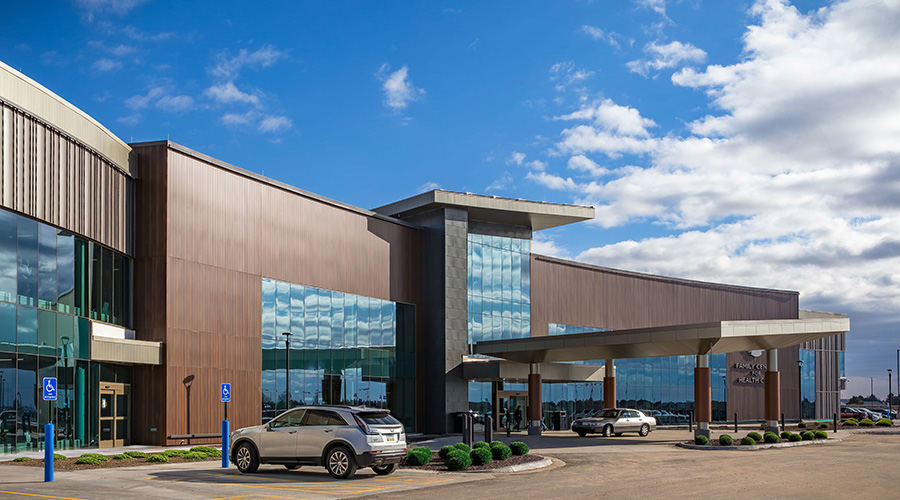The University of Mississippi Medical Center (UMMC) officials have announced a HIPAA breach at the hospital caused by a missing laptop computer.
The password-protected laptop went missing from a non-public, patient-care area on Jan. 22 and has not been recovered, officials report.
The laptop may have contained health and personal information of adult patients seen at UMMC between 2008 and January 2013. The information potentially included names, addresses, dates of birth, Social Security numbers, diagnoses, medications, treatments and other clinical information.
UMMC reports it took action to secure the information and that no patients have claimed unauthorized use of their health or personal information due to this breach. However, UMMC has not made individual notifications due to insufficient contact information.

Mississippi hospital announces HIPAA breach
The University of Mississippi Medical Center (UMMC) officials have announced a HIPAA breach at the hospital caused by a missing laptop computer.
By Healthcare Facilities Today
March 25, 2013
Topic Area: Industry News , Information Technology
Recent Posts
 Assisted Living Facility Violated Safety Standards: OSHA
Assisted Living Facility Violated Safety Standards: OSHA
Fire at Gabriel House killed 10 residents died and injured and displaced dozens of others.
 McCarthy Completes Construction of Citizens Health Hospital in Kansas
McCarthy Completes Construction of Citizens Health Hospital in Kansas
The facility is among the nation’s largest hospitals funded through the U.S. Department of Agriculture’s Critical Access Hospital program.
 California Tower at UC Davis Health Topped Out
California Tower at UC Davis Health Topped Out
When completed in 2030, the California Tower will include a 14-story hospital facility and a five-story pavilion.
 What 'Light' Daily Cleaning of Patient Rooms Misses
What 'Light' Daily Cleaning of Patient Rooms Misses
Most environmental services workers still clean as if they were wiping dust off a countertop, not disrupting a living, structured community.
 Sprinkler Compliance: Navigating Code Mandates, Renovation Triggers and Patient Safety
Sprinkler Compliance: Navigating Code Mandates, Renovation Triggers and Patient Safety
As CMS deadlines approach and renovation projects accelerate, healthcare facility managers must understand how NFPA 101, state fire codes and sprinkler design strategies intersect.